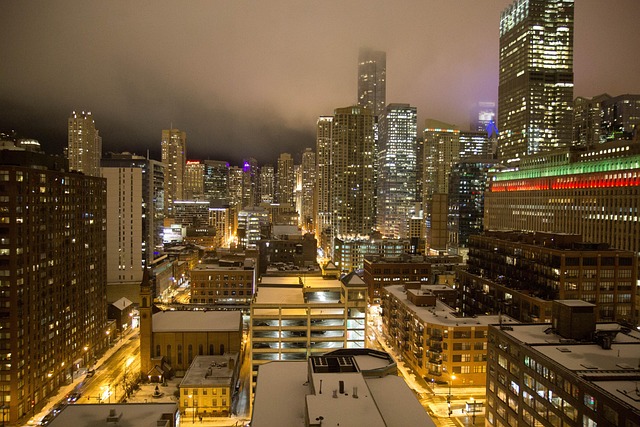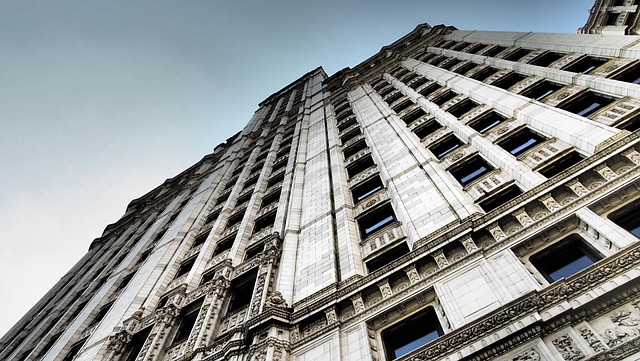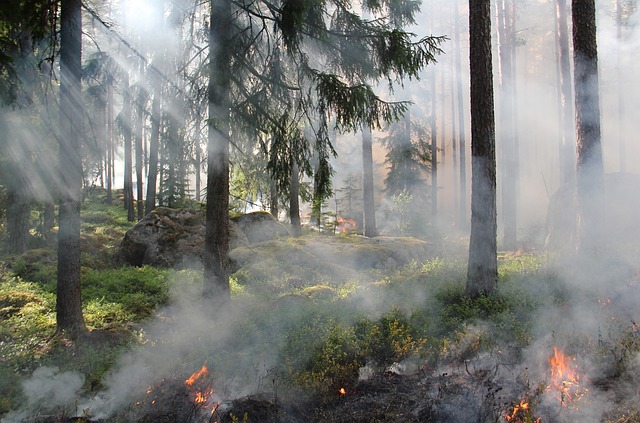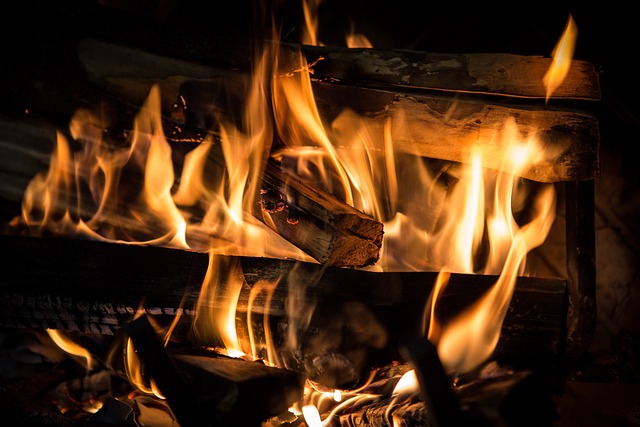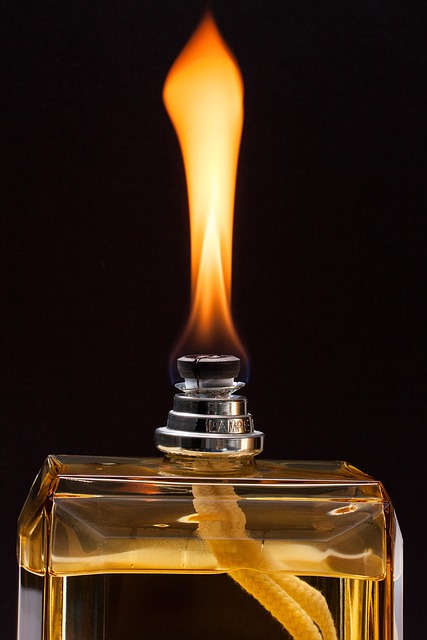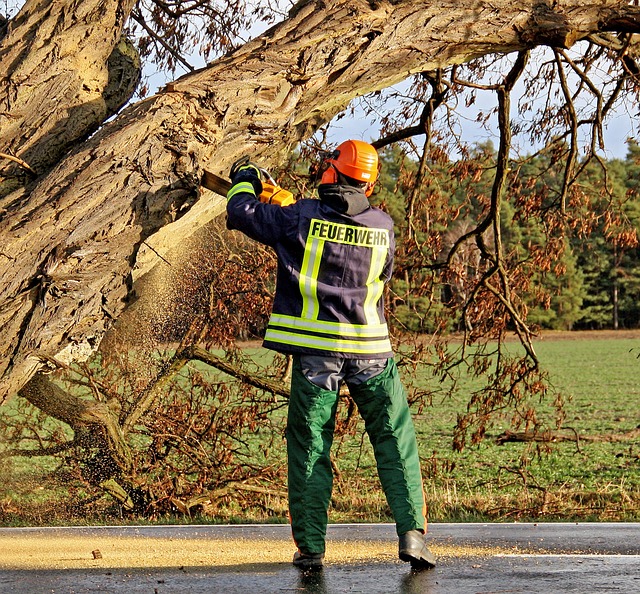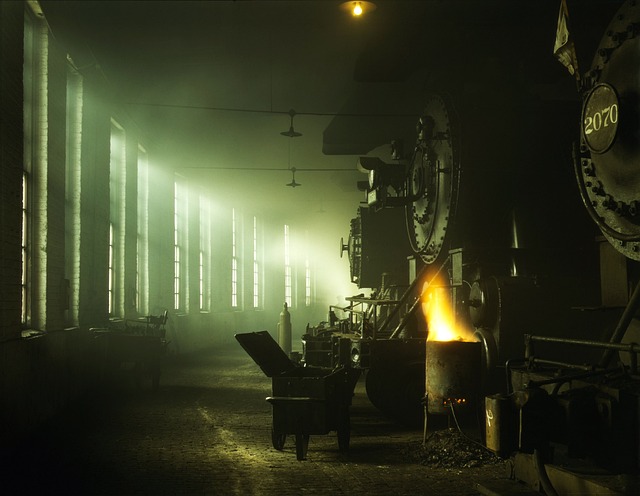In Chicago's competitive real estate market, house flipping thrives on strategic investments, particularly in properties with fire damage purchased at discounted prices. Flippers cater to high demand by renovating these homes, focusing on safety and aesthetics. Navigating local regulations and understanding market dynamics are key to success. When selling a house with fire damage in Chicago, homeowners must assess repair costs, enhance appeal, and time their listing strategically for optimal sale outcomes.
“Uncover the art of house flipping in Chicago, where seasoned specialists navigate the dynamic real estate market. This guide delves into the unique challenges and opportunities within the city’s landscape. From understanding the local scene to tackling common issues like fire-damaged properties, it explores proven strategies for success. Learn about navigating stringent regulations and the importance of choosing the right team. Discover how Chicago’s house flippers thrive, even in complex scenarios, including effective approaches when selling a home with fire damage.”
- Understanding House Flipping in Chicago's Real Estate Market
- The Challenges of Selling a House with Fire Damage
- Strategies for Successful House Flipping in the City
- Local Regulations and Permits: What Chicago Home Flippers Need to Know
- Top Tips for Choosing the Right House Flipping Team in Chicago
Understanding House Flipping in Chicago's Real Estate Market
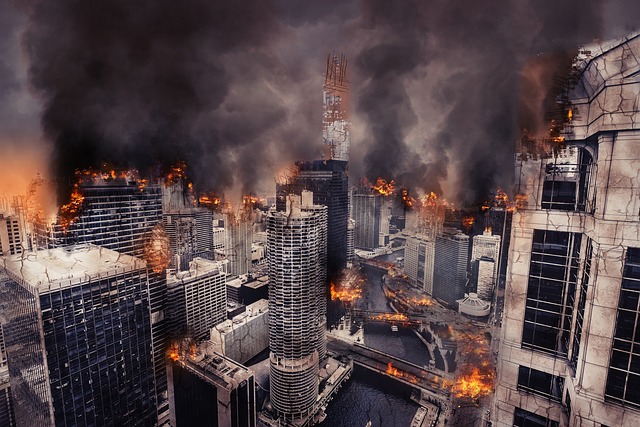
In Chicago’s dynamic real estate market, house flipping has emerged as a popular and lucrative strategy for investors. This involves purchasing distressed properties, such as those with fire damage, at below-market prices, renovating them to increase their value, and subsequently selling them for a profit. Selling houses with fire damage in Chicago presents unique opportunities; many homes in the city’s diverse neighborhoods suffer from structural or cosmetic fire damage due to aging infrastructure or accidental fires. Flippers identify these distressed properties, assess their potential, and invest in repairs, transformations, and staging to cater to the region’s competitive buyer base.
Chicago’s real estate trends heavily favor flippers who can recognize hidden gems amidst the challenges of repairing fire-damaged homes. The city’s strong demand for housing, especially from young professionals and families, drives up property values quickly after renovations. Moreover, Chicago’s diverse neighborhoods offer a range of flipping prospects, from revitalizing historic areas to transforming post-industrial spaces into sought-after residential districts. Therefore, understanding the local market dynamics and identifying properties with potential fire damage is key for successful house flippers in Chicago.
The Challenges of Selling a House with Fire Damage
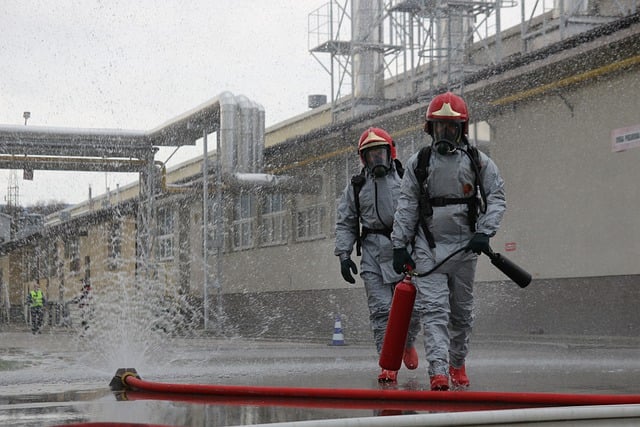
Strategies for Successful House Flipping in the City

In the competitive Chicago real estate market, successful house flipping demands a strategic approach. One key strategy is identifying undervalued properties, especially those with potential for significant renovation, such as houses with fire damage in Chicago. This often overlooked aspect presents an opportunity to acquire homes at lower prices, allowing flippers to maximize profit margins after repairs.
Focusing on areas experiencing urban renewal or with high demand for affordable housing can yield excellent results. Additionally, adapting to market trends is crucial; staying abreast of changing buyer preferences and renovation trends ensures flips remain appealing and competitive. Investing in quality renovations, prioritizing safety and aesthetics, will elevate the property’s value, making it attractive to a wide range of buyers.
Local Regulations and Permits: What Chicago Home Flippers Need to Know
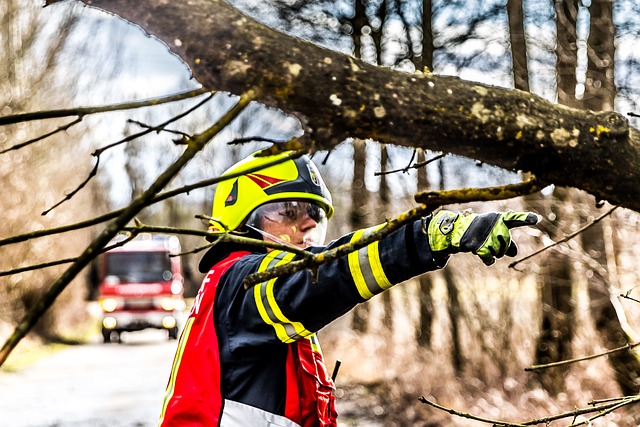
Chicago, like many urban areas, has stringent local regulations and permit requirements for house flipping to ensure the safety and integrity of structures within the city limits. Flippers must familiarize themselves with these rules, which can vary from neighborhood to neighborhood. Failure to comply can result in hefty fines or even project delays.
When purchasing a selling house with fire damage Chicago, flippers should pay close attention to building codes and permits. This is especially crucial as fire restoration work often requires specialized knowledge and permits. Chicago’s Department of Building provides guidelines for renovation projects, including those involving fire-damaged properties. Flippers must navigate these regulations, ensuring their plans align with the city’s standards before proceeding with any reconstruction or remodeling.
Top Tips for Choosing the Right House Flipping Team in Chicago

Chicago’s dynamic real estate market presents unique opportunities and challenges for house flippers. Navigating local regulations, understanding the nuances of distressed properties like those with fire damage, and adopting effective flipping strategies are key to success. By choosing a seasoned team familiar with Chicago’s landscape, investors can maximize profits while ensuring compliance with local codes. Remember that in this competitive market, knowledge and the right partnerships can make all the difference when it comes to transforming properties like those affected by fire damage into lucrative investments.
